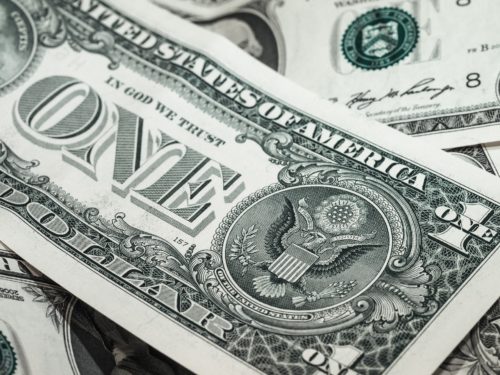
Individuals in New Jersey who are struggling financially may consider filing for bankruptcy. Of course, it is important to do research on such a significant legal and financial matter before deciding whether this is the best option for one’s situation. The reason that many people who have significant amounts of debt choose to file for bankruptcy is that during the process, some of the debts can be discharged. When a debt is discharged, it means that the individual will no longer be obligated to make payments on the outstanding payments. In addition, if a debt is discharged in during the bankruptcy process, the creditor is no longer allowed to make any further efforts to try and collect the money that was never paid.
It is important to be aware that not all debts can be discharged in bankruptcy. Typically, most of the debts that are discharged occur in Chapter 7 bankruptcy. Some of the debts that may not be discharged in bankruptcy include the following:
- debts to creditors that the individual failed to include in their bankruptcy paperwork
- debts for property taxes and income taxes
- debts for unpaid child support and spousal support
- fines that were not paid to the city or state
- student loan debt
- restitution debts for a criminal sentence
If you are thinking about bankruptcy and have questions, contact our firm today.
For strong legal representation from an experienced team of personal injury, bankruptcy, workers’ compensation, criminal defense, or family law attorneys, contact Underwood & Micklin and we would be happy to schedule a consultation to discuss your matter.

